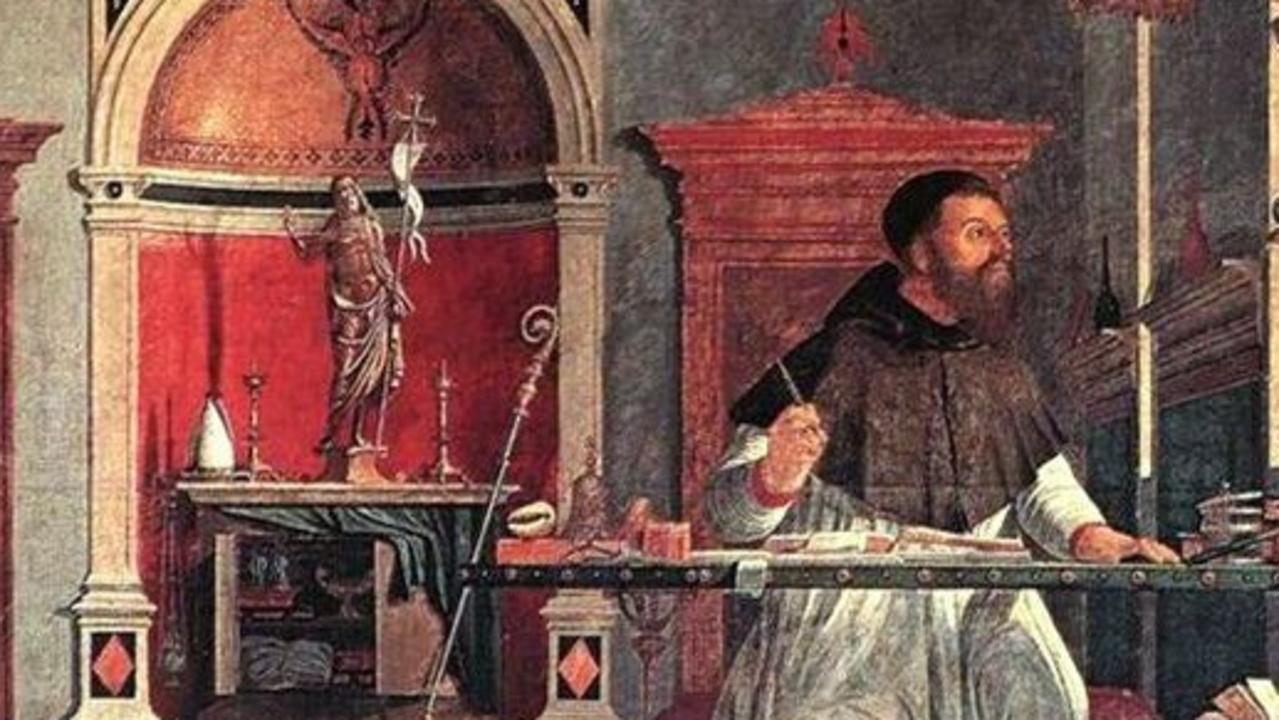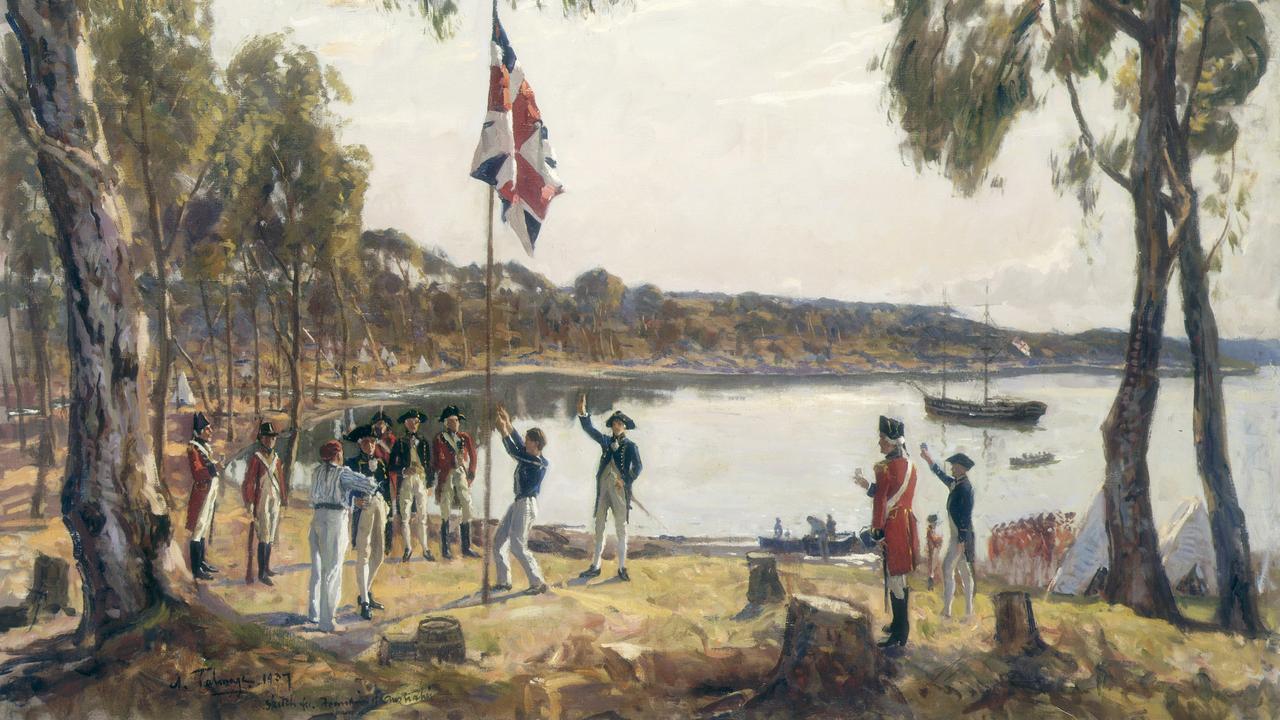‘Ugly’ Labor remains on course for re-election
Even if Labor continues to flounder as we count down to polling day, all it will lose is its majority. Forming government would still be a bridge too far for the Coalition.
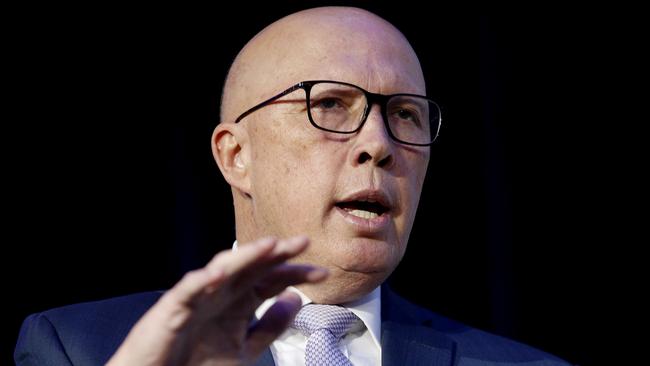
The seat-by-seat calculations for the next election strongly suggest a Peter Dutton victory is unlikely. That’s despite Labor’s failure in pressing for constitutional change in support of an Indigenous voice, alongside the economic pain millions of Australians are feeling courtesy of higher interest rates, inflation and rising cost of living.
Even if Labor continues to flounder as we count down to polling day, all it will lose is its majority. Forming government would still be a bridge too far for the Coalition. It needs to win 19 seats without losing any to secure a majority in its own right.
The existence of the teals is of itself enough to deny the Coalition a serious chance to form government. Fighting them drains resources and reduces the chance of defeating Labor in key marginals. Not doing so leaves too many once safe Liberal seats out of reach to cobble together a majority.
As the election gets closer this will present Coalition strategists with an interesting set of choices: compete to win versus contesting merely to erode Labor’s lead as part of a two-term strategy. Will the Coalition hold together in the face of likely defeat? Tony Abbott struggled to hold his team together counting down to the 2010 election but, because Labor only won as a minority government, discipline was more easily retained over the next three years and, sure enough, the Coalition won a thumping majority in 2013. Dutton might therefore see taking away Labor’s majority as a sufficient KPI.
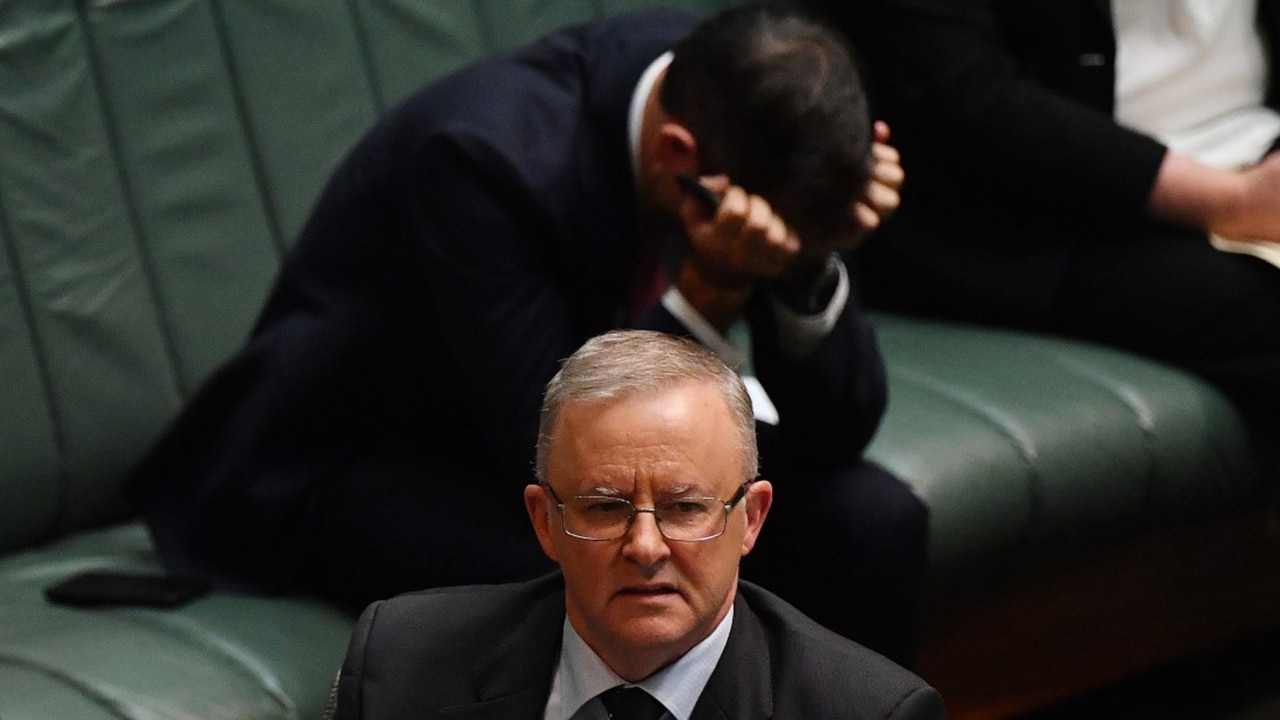
Labor holds 78 seats compared with just 57 held by the Coalition. There are a total of 16 crossbenchers making up the remaining MPs in the lower house. The major parties will continue to dominate, even as their primary votes fall, or if they are forced to negotiate to form minority administrations.
With redistributions due in WA, NSW and Victoria ahead of the next election, the size of the House of Representatives will shrink by one, back to 150 MPs. Seats are to be abolished in NSW and Victoria, with a new one created in the west. For the teals in NSW there is a risk two of their seats on the north shore will be merged. This, rather than defeat by Liberal candidates, is probably their biggest threat.
Securing a majority will require 76 seats for either major party, a bare minimum Malcolm Turnbull’s Coalition government won in 2016, but it took a week’s worth of close counting in Queensland before it was confirmed. The damage done while waiting crippled Turnbull’s second term before it even started.
While teals theoretically might support either side of politics in the case of a hung parliament, that isn’t true of the Greens or Tasmanian independent Andrew Wilkie. They hold five crossbench seats between them, essentially meaning Labor can drop as low as 71 seats before it even needs to countenance teal support to govern without a majority of its own.
If it loses more seats to the Greens it could safely drop even further, which is why Labor is happy to talk tough on immigration, for example, as it chases votes in key marginals rather than woke inner-city areas.
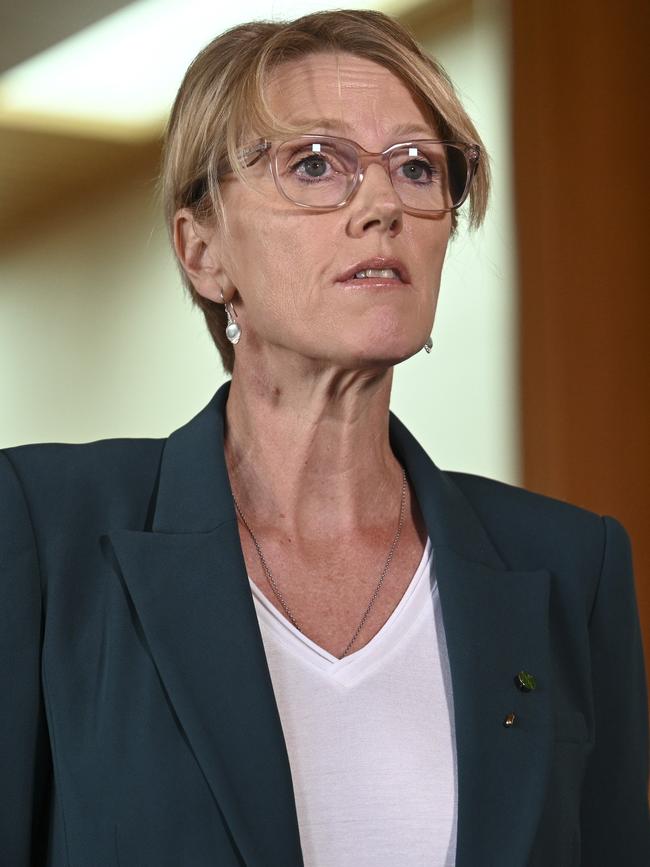
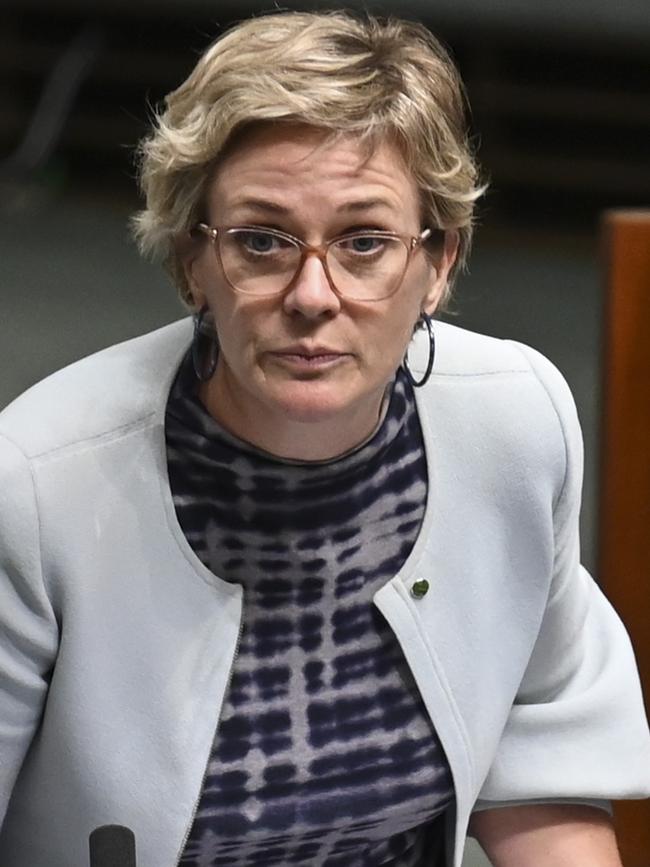
And while they wouldn’t admit to this, it is nigh impossible to see teal MPs such as Zoe Daniel, Monique Ryan or Zali Steggall ever throwing their support behind a Dutton prime ministership. You could probably add more teal names to that list, but I’m choosing to be conservative. If I’m right, that means Labor needs to win only 68 seats to form minority government based on the current crossbench configuration.
For the Coalition to seriously be in any conversations about forming minority government it would need at the very least to match Labor’s share of seats to begin with, before seeking the support of enough teals to bridge whatever gap remains.
That means winning 11 seats just to get to the 68 figure, or 14 to match Labor on 71 seats. This assumes the Coalition doesn’t lose any of its currently held seats, and the teals retain all of theirs.
Hence why the smart money remains on Labor winning re-election, even if the victory is an ugly one.
We need to remember that first-term government’s rarely lose, but they usually win rather ugly. That is, their majority in victory first time around gets whittled down at their re-election attempt, but they do win all the same. The last time a first-term government lost a re-election bid was way back in 1931, and that was during the Great Depression and following a split within the Labor Party.
As bad as the news on the economy might get this year and next, we aren’t plumbing those depths, and Labor certainly won’t be splitting anytime soon – notwithstanding the best efforts of Home Affairs Minister Clare O’Neil to upset her left-wing factional colleagues with her hardline rhetoric.
In 1998 John Howard almost lost his re-election bid, winning with only 48.9 per cent of the two-party vote, and securing a far smaller majority than that which he won in 1996.
Labor’s 2010 re-election saw it lose its majority, forced to rely on the support of a gaggle of crossbenchers. And, as already noted, the Coalition won with the barest of majorities when it was re-elected in 2016. But these one-term governments did win, albeit narrowly. Which is why the task for Dutton is so difficult. Labor is set to get a second term, even if its majority could be lost.
So far it seems Dutton’s strategy for defying history is to paint a larger-than-usual policy target from opposition, with the aim of contrasting it with a Labor government stuck in neutral.
Plans for an embrace of nuclear power as well as overturning Labor’s radical industrial relations changes are two policy contrasts Dutton appears set to campaign on. He’ll also sound the alarm about Australia’s declining economy, even if anaemic growth remains courtesy of record rates of immigration.
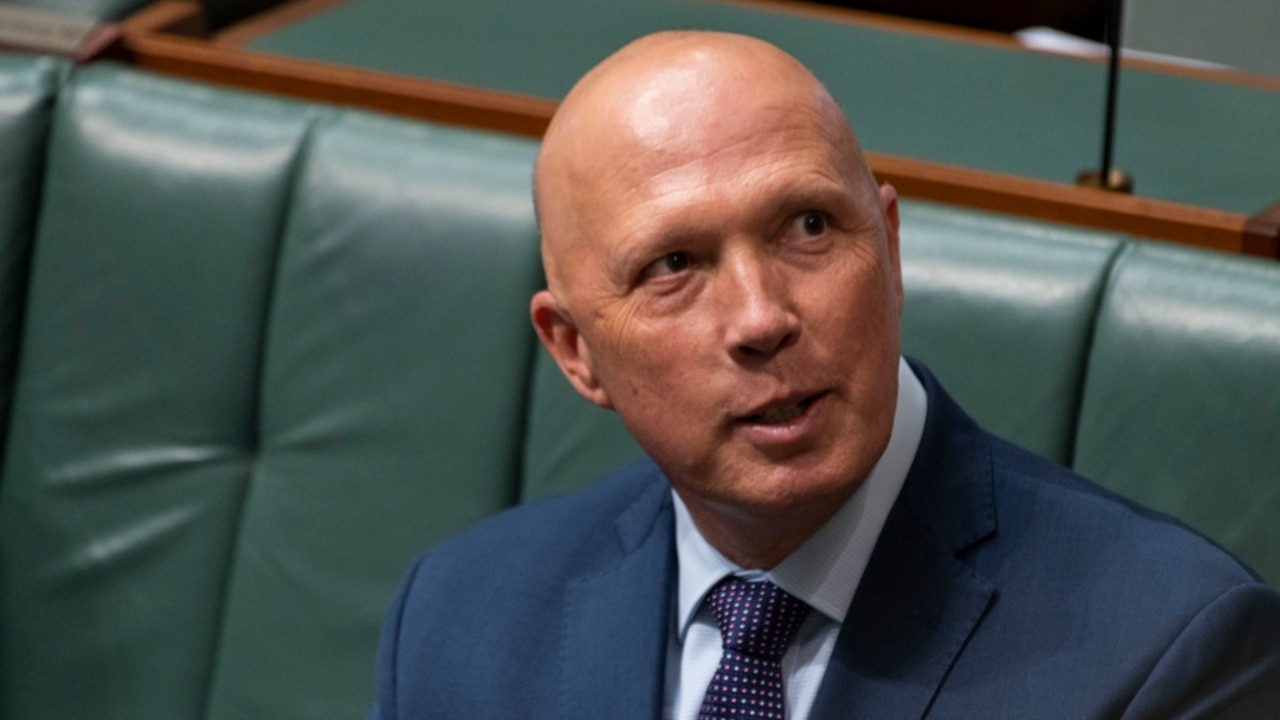
It’s a courageous approach by Dutton to tether his chances to nuclear power, especially so soon after Bill Shorten lost the (unloseable) 2019 election with a big-target agenda.
Perhaps the Opposition Leader knows that without bold policies he can’t overtake a one-term government, and in the aftermath of defeat he might not be able to stave off a challenge from the likes of Angus Taylor. Or the party might call for generational change. Remember, rules protecting party leaders from challenges don’t apply to Liberal leaders in opposition.
There is little doubt voters are so far underwhelmed by the job done by Anthony Albanese and his team. That is certainly what Labor and Liberal researching reveals. But voters are also yet to be convinced that changing the government is the answer to Labor’s problems.
Finding a way to overcome this apprehension is Dutton’s test.
Dr Peter van Onselen is Winthrop professor of Politics and Public Policy at the University of Western Australia.


